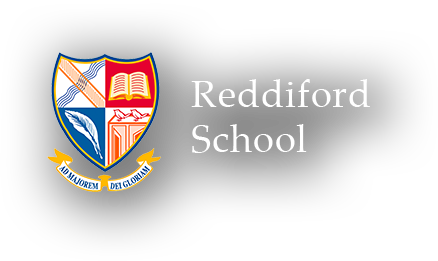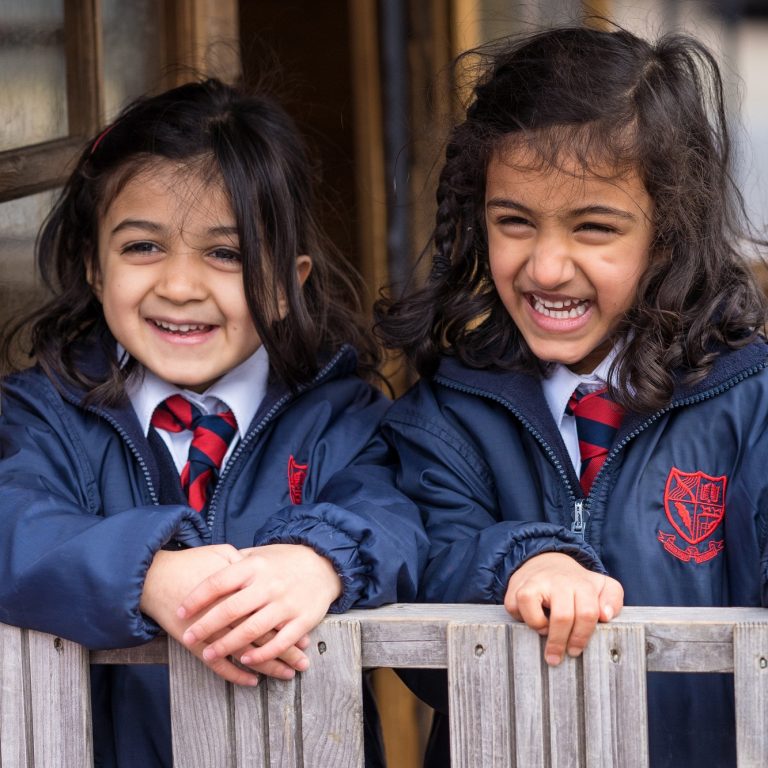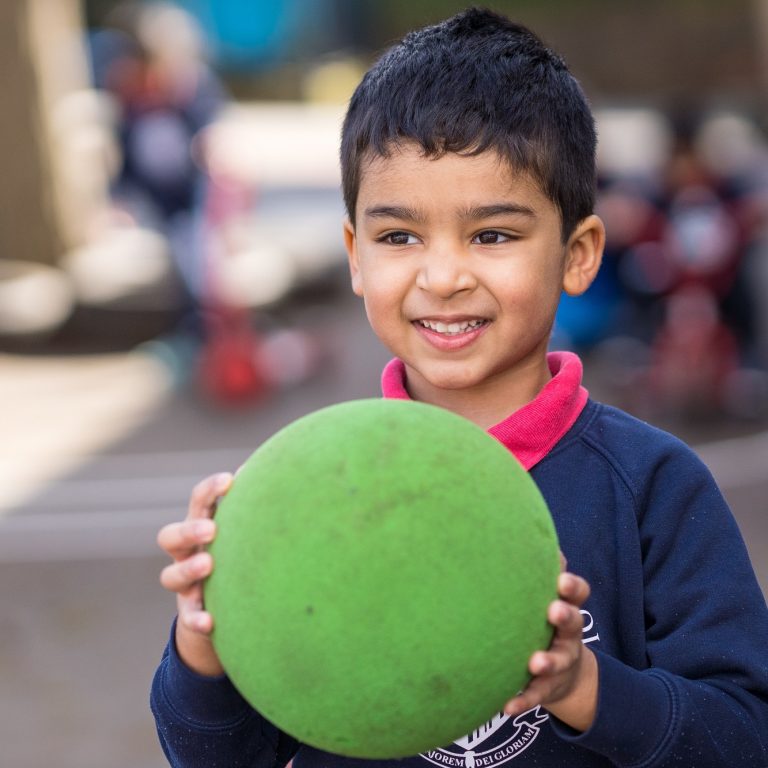Reddiford’s nursery (Pre School) caters for children aged 3 years until they join Reception class. Our nursery provides a stimulating and attractive environment with a commitment to ensuring that children are safe and happy.
The children are given new and challenging experiences which ignites their natural curiosity and enthusiasm for learning and prepares them for future academic excellence.
Our ethos is to ensure that all children reach their full academic potential and develop a love of learning at this early stage.
Please see our two videos below to learn all about Reddiford School.
The Journey Begins introduces Reddiford Robins, our school nursery. The Journey Continues is an introduction to the whole school, from Reception through to our Pre Prep and Prep Departments. We hope you enjoy watching them!
The Journey Begins
The Journey Continues
Curriculum
Reddiford uses the seven areas of learning taken from the Early Years Foundation Stage Curriculum as it’s basis and enhances this with learning phonics and an introduction to the number system to ensure a smooth transition into Reception.
Communication and Language
This area of the curriculum covers important aspects of language development and listening skills in young children and provides the foundation for literacy. A strong emphasis is placed on the children developing confidence and skills in expressing themselves in a range of situations and also their competence in talking and listening. They are encouraged to speak in full sentences and to respond appropriately to greetings and questions. Asking questions is also very much part of this early learning.
Physical Development
Physical development is implicit in all areas of the Early Years Programme. Teaching concentrates on developing the children’s physical control, mobility, awareness of space and manipulative skills in indoor and outdoor environments. Positive attitudes are encouraged towards a healthy and active way of life, and towards healthy choices in food. The children learn how to hold pencils and other writing implements correctly and to put on and take off coats and jumpers.
Personal, Social and Emotional Development
These outcomes focus on children learning how to work, play, co-operate with others and function in a group beyond the family. They cover important aspects of personal, social, moral and spiritual development including the development of personal values and an understanding of themselves and of others. They learn how to share and take turns, to express their feelings and to appreciate the feelings of their peers.
Literacy
The children are introduced the phonic sounds through the Jolly Phonics system where each sound is accompanied by an action to reinforce learning. They practise writing these sounds and to name objects beginning with that sounds. As they progress, they will learn to identify initial, middle and final sounds in small words and attempt to both read and write these independently.
Mathematics
The children learn to count by rote and to recognise and order numbers. They also learn how to write numbers and to match quantity to numeral. The children are introduced to a number of mathematical concepts and language, which is often reflected in their everyday play, such as big and small, beside and under and full and empty. The take part in simple measuring activities and learn the names of colours and simple shapes.
Understanding the World
This area of learning and enquiry focuses on developing the children’s knowledge and understanding of their environment, other people and features of the natural and man-made world. With topics ranging from transport and weather to animals and forces, the children are able to learn about their immediate environment and that of further afield. They learn through practical activities, art and craft activities and through the use of technology.
Expressive Arts and Design
This area focuses on the development of children’s imagination and their ability to communicate and to express ideas and feelings in creative ways. They will explore a range of media including clay and collage as well as painting with brushes, hands and other tools. They will also work in the style of different artists.
They take part in music lessons, learning simple songs and how to use percussion instruments. They use the themed play areas to dress up and act in different roles to further their understanding.



